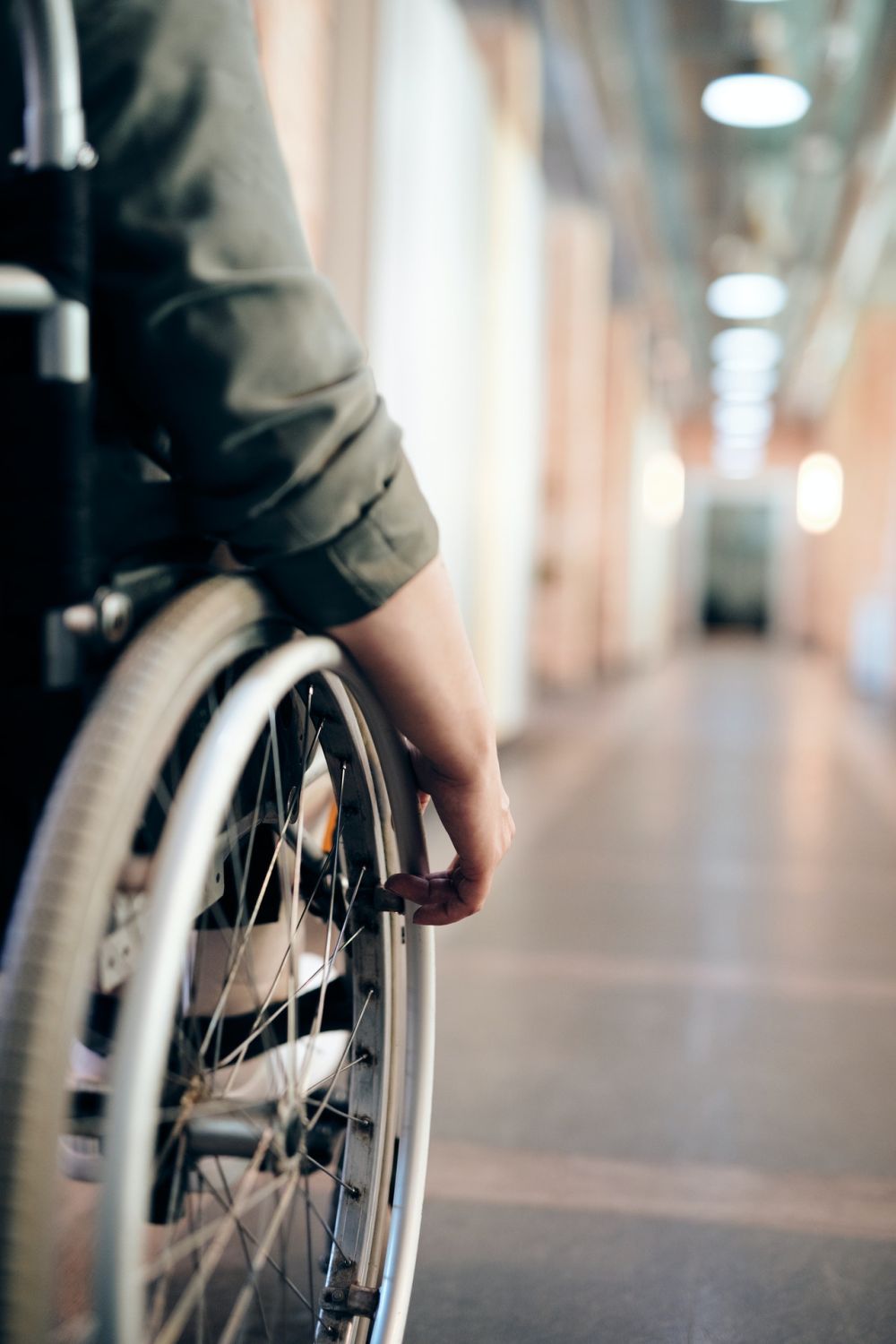
Suing for injuries from ADA violations
People with disabilities rely on the Americans with Disabilities Act (ADA) to grant them equal, safe access to businesses and other public spaces. Unfortunately, not all public entities follow the guidelines in the ADA. Sometimes it is due to misinterpretation of the law. Other times, it is outright negligence. There is no national standard on the relationship between the ADA and common law negligence claims. That does not mean businesses can not be held accountable when disabled persons suffer injuries due to their non-compliance with the ADA.
What is the ADA?
The Americans with Disabilities Act (ADA) became federal law in 1990. A civil rights law, it prohibits discrimination against people with disabilities in all areas of public life. It is divided into five sections relating to different areas of public life: employment, state and local government, public accommodations, telecommunications, and miscellaneous provisions.
When it comes to personal injuries and the ADA, it is Title III: Public Accommodations, that comes into play. Title III says that public accommodations – including privately-owned facilities – must meet the minimum standards for accessibility. Failure to meet these guidelines can do more than restrict people with disabilities from accessing public places. It also can cause them serious injury.
How does the ADA define a disability?
The ADA’s definition of a disabled person says they must have a diagnosed mental or physical impairment that substantially limits their ability to independently participate in one or more major life activities. The list includes tasks like:
- Breathing
- Hearing
- Performing manual tasks
- Personal grooming/care
- Seeing
- Speaking
- Working
To be considered a substantial disability, the person must be unable to perform major life activities in the same way as an average person. Individuals who meet the ADA definition of disabled can use ADA non-compliance as proof of negligence in personal injury lawsuits.
When is ADA non-compliance negligent?
ADA violations can be used as proof of negligence in personal injury lawsuits if a disabled person is injured while trying to access a public accommodation. Let’s take, for instance, an improperly installed wheelchair ramp into a restaurant. It only becomes a hazard if a person in a wheelchair attempts to use it and is hurt due to its poor installation. The restaurant owner then would be negligent for failure to correctly connect the ramp.
Here are some of the common ADA violations that can lead to personal injury lawsuits:
- Cracked sidewalks and uneven surfaces.
- Debris in parking lots.
- Hazards in aisles of businesses, stores, and other public accommodations.
- Inadequate lighting.
- Loose flooring.
- Missing handrails on ramps and stairs.
- Polished or naturally slick surfaces without proper warning signs.
Filing an ADA lawsuit vs. a personal injury lawsuit
When do you file an ADA lawsuit vs. a personal injury lawsuit? In some instances, you can do both. Disabled persons who discover a blatant ADA violation in a public space but who are not injured by the lack of accommodation can report it to the U.S. Department of Justice’s Civil Rights Division. To meet the threshold for filing an ADA complaint, you must meet three criteria:
- Does the person making the complaint have a disability?
- Is the business open to the public?
- Was the plaintiff denied equal treatment because of their disability?
If a disabled person is injured because of an ADA violation, they also can consider filing a personal injury lawsuit. Legitimate personal injury lawsuits from ADA non-compliance qualify for compensatory damages.
Types of ADA violation injuries
The most common type of ADA violation injuries come from slip-and-fall accidents. Businesses have a duty of care to all customers and guests to ensure safety and accessibility. When they fail to do either and someone is injured, they could be open to litigation. Wet floors without proper warning labels, cluttered and narrow store aisles, tripping hazards in common areas and improperly maintained facilities all can cause serious injury. The risk for more serious injury like traumatic brain injury and broken bones increases when the person has a disability.
Compensatory damages for ADA violations
Courts can award compensatory damages in personal injury lawsuits where a disabled person was hurt due to ADA non-compliance. Compensated losses include:
- Medical treatment for injuries sustained and any ongoing therapy or healthcare services required.
- Loss of income (when applicable).
- Replacement of disability equipment like wheelchairs, walkers, and other assistive devices damaged in the accident.
- Pain and suffering for any immediate and ongoing pain from the sustained injuries.
Your personal injury attorney can review your case and determine what kind of damages you can expect whether you settle out of court or rely on a court judgment in your case.
Seeking legal help for ADA violation injuries
Disabled persons who suffer serious injuries due to ADA non-compliance in public spaces can consult with the experienced team at Archibeque Law Firm. Ron Archibeque has represented personal injury victims in New Mexico for more than 20 years. He has fought – and won – ADA compliance lawsuits against municipal entities that caused serious injury to others. To schedule a free case consultation without obligation, give us a call at 505-750-2363 or contact us online.